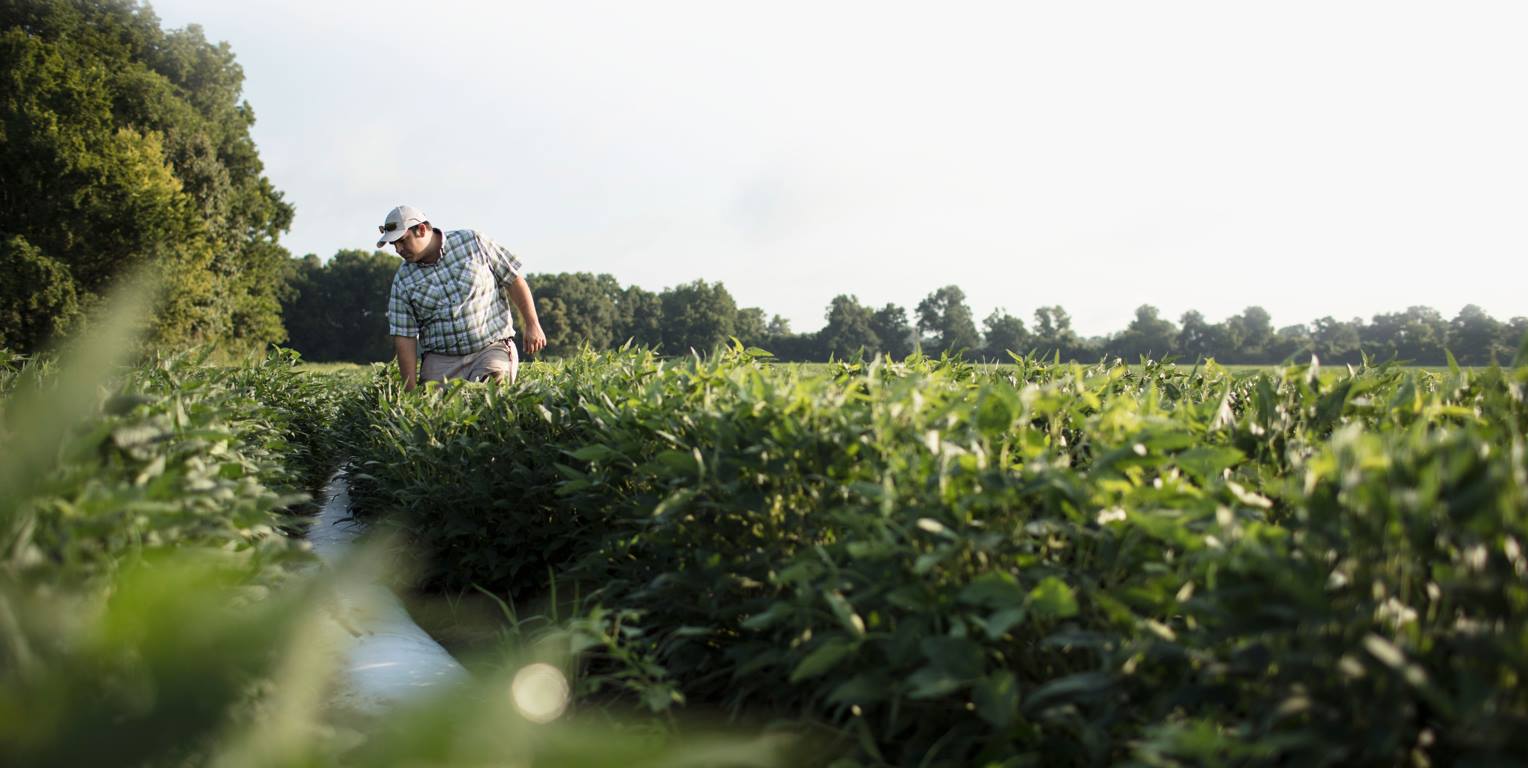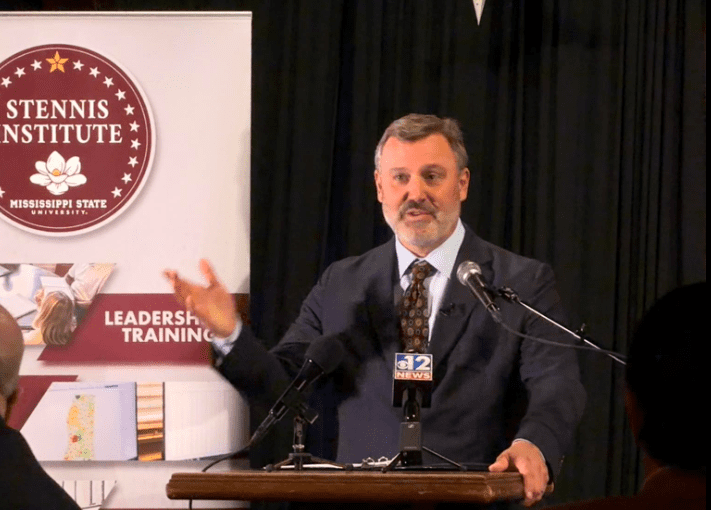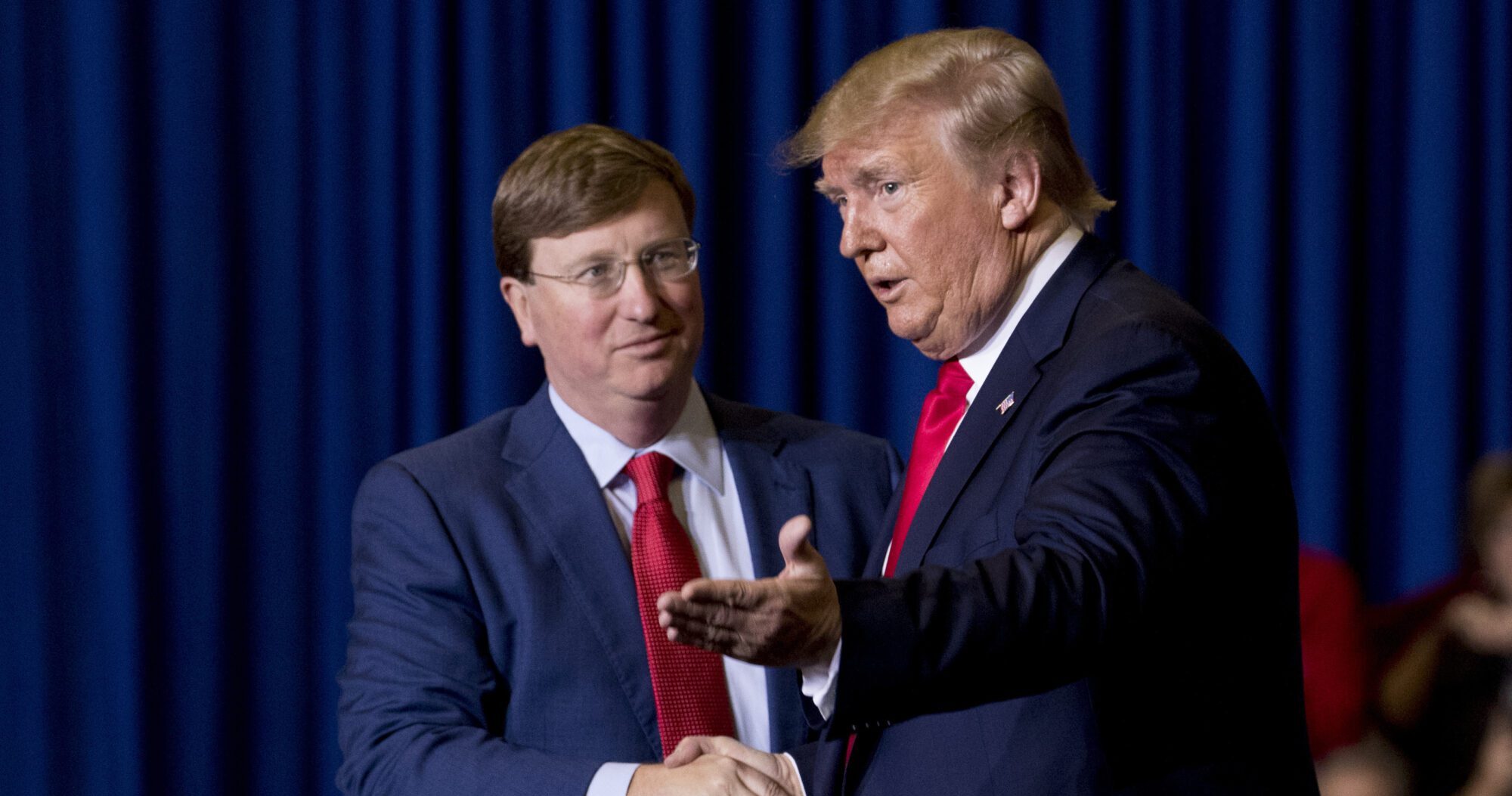
(Photo from the Mississippi Soybean Promotion Board on Facebook)
Listen to the audio version of this article (generated by AI).
- Farmers are watching what’s happening in Washington D.C. and globally as tariffs and now proposed beef imports add to their fears.
Members of the state Senate Agriculture Committee were informed Wednesday that the struggles faced by Mississippi farmers are worsening, affecting not only vegetables but also beef.
Agriculture, the state’s largest industry that directly or indirectly employs over 11 percent of the state workforce, has been gut-punched by high inflation, falling prices, drought, and declining exports. Now, many farmers are watching what Washington D.C., especially the White House, will do next concerning tariffs as well as President Donald Trump’s recent plan to import more beef from Argentina.
“Agriculture faces extreme, extreme risk every day,” said State Senator Neil Whaley (R), committee chairman. “When you look at the market volatility and the prices that are returned, the cost of reduction is through the roof. If we do not find ways and avenues to utilize our crops locally and domestically, we are going to lose these family farms, therefore losing independent food. And that is a big problem for us.”
Mississippi farmers are not looking for another round of subsidies. Instead, they would like a fair opportunity to compete on the open market, farming advocates told the committee.
Soybeans, a powerhouse crop in Mississippi, are witnessing a massive drop in sales, largely due to China’s purchase of soybeans from South America, said Duane Dunlap, president of DNS Commodities. Prior to China switching suppliers, Mississippi’s soybeans were a major part of the state’s export, and the Delta was dependent on those foreign orders.
In the U.S., Mississippi ranks No. 12 in soybean production but could vault upwards if it had a processing facility, Dunlap said.
The announcement Thursday morning that President Trump and China’s leader Xi Jinping has reached a trade truce is sure to be welcome news for Mississippi soybean farmers. China now looks to restart purchasing U.S. soybean exports this week.
Dunlap also said the state could see an increase in oils, biodiesels, jet fuel, and renewable oils, as roughly 1.4 million tons is used for chicken, hog, and catfish feed and processing.
After the hearing, Lt. Governor Delbert Hosemann (R) said, “Some of the things you’re hearing talked about, like the utilization of soybean oil and asphalt, the research and some of the developments — some of which I think are going on by Mississippi State University — a lot of those will proceed to where we can actually construct a product down here, a factory down here to produce that oil.”
The committee also heard from Ethan Lane, with the National Cattlemen’s Beef Association, who expressed concern over President Trump’s recent proposal to increase beef imports from Argentina. Before the announcement, Mississippi cattle production was the one bright spot in the state’s agricultural economy. Now, cattlemen are watching with fear.
Last week, the trade group posted on X, “Cattlemen and women cannot stand behind President Trump while he undercuts the future of family farmers and ranchers by importing Argentinian beef.”
Lane said the beef market should let the market direct itself. In the last five years, the U.S. has seen a trade imbalance in beef with Argentina. The South American country has sent more than $800 million to the U.S., while only importing $7 million of U.S. prime cuts, he said.
Mississippi producers will feel some pain if the proposal passes, Lane said.











